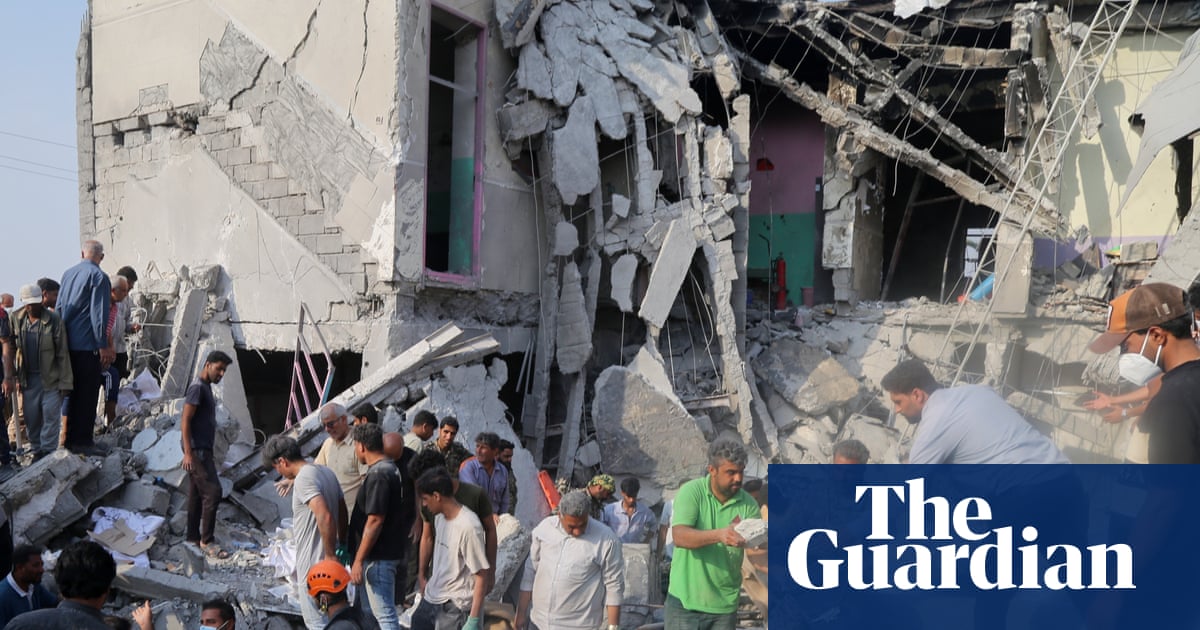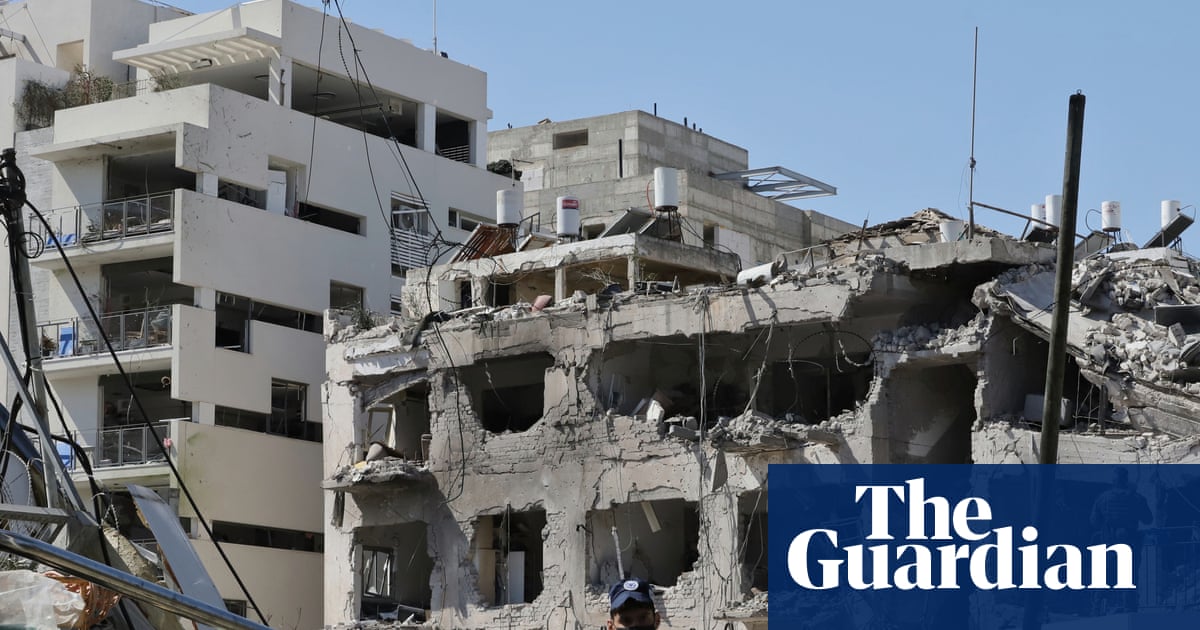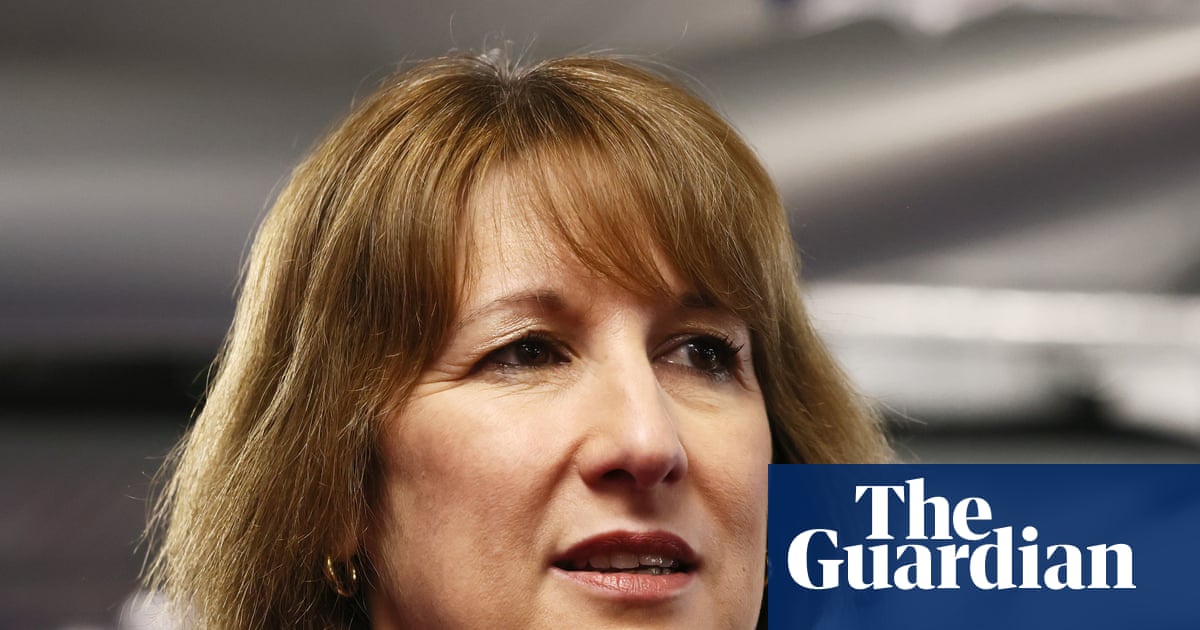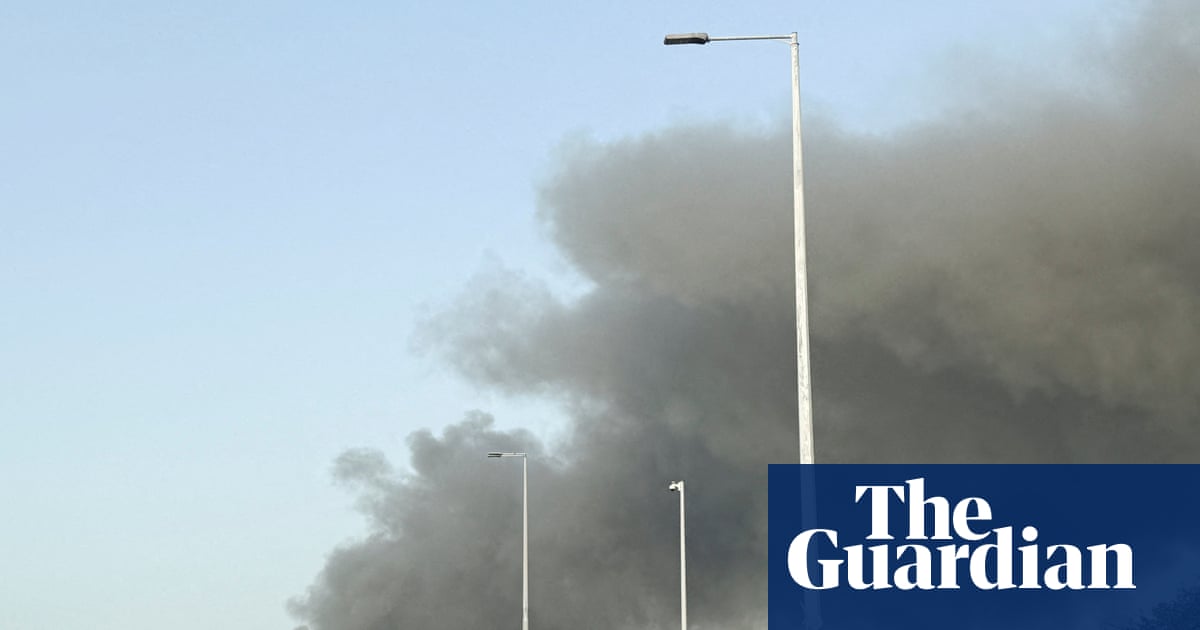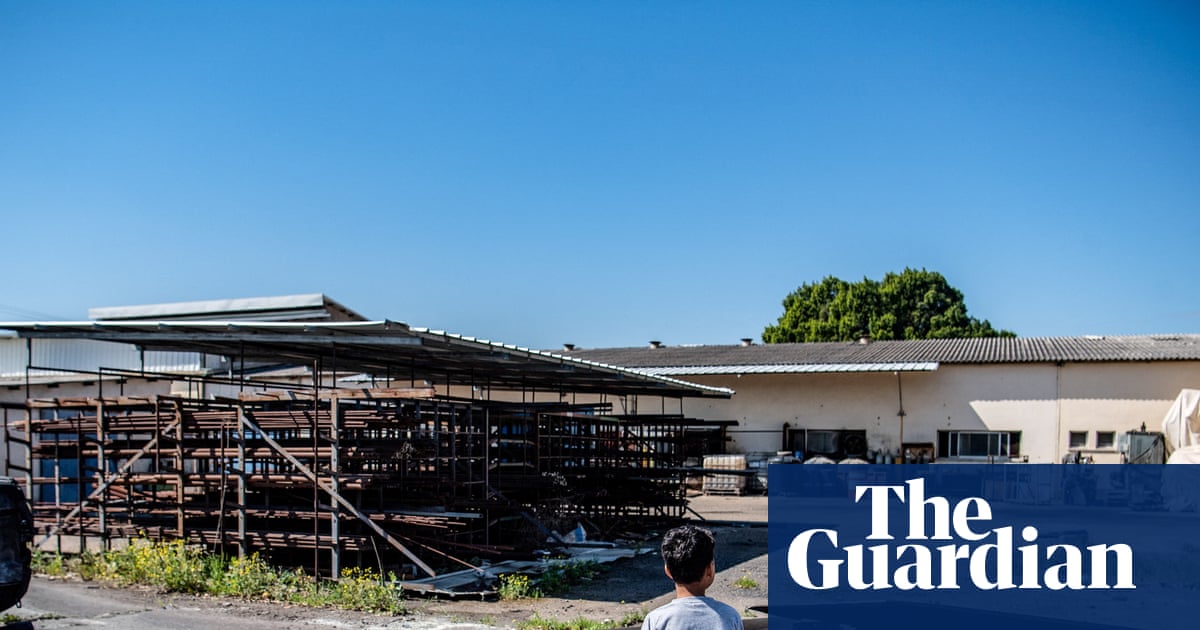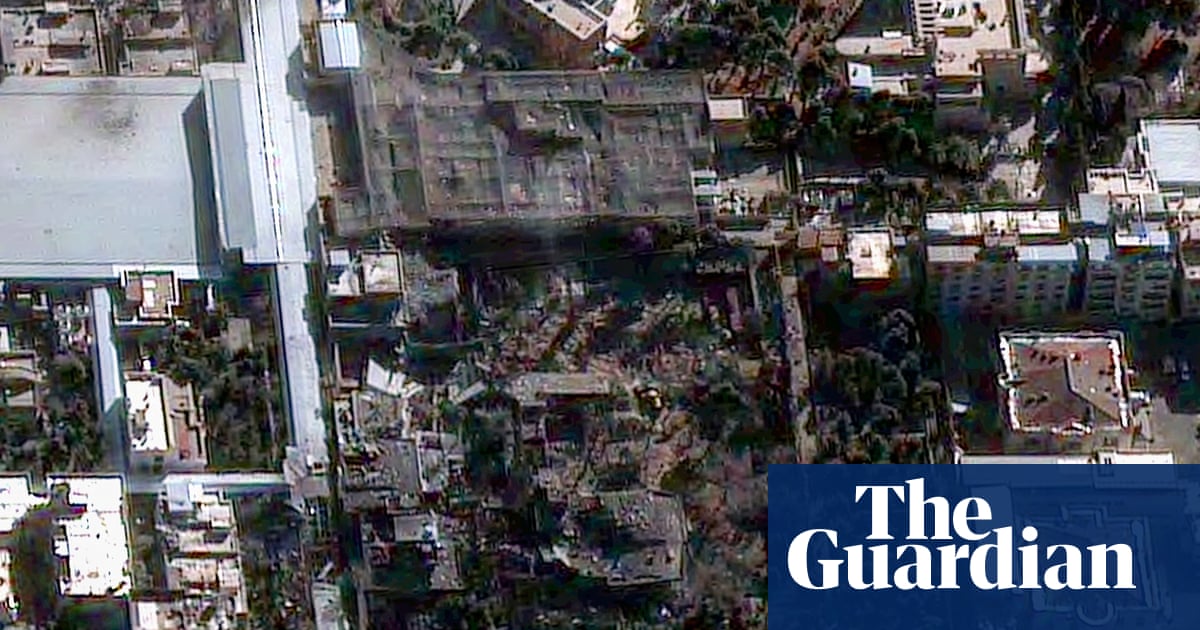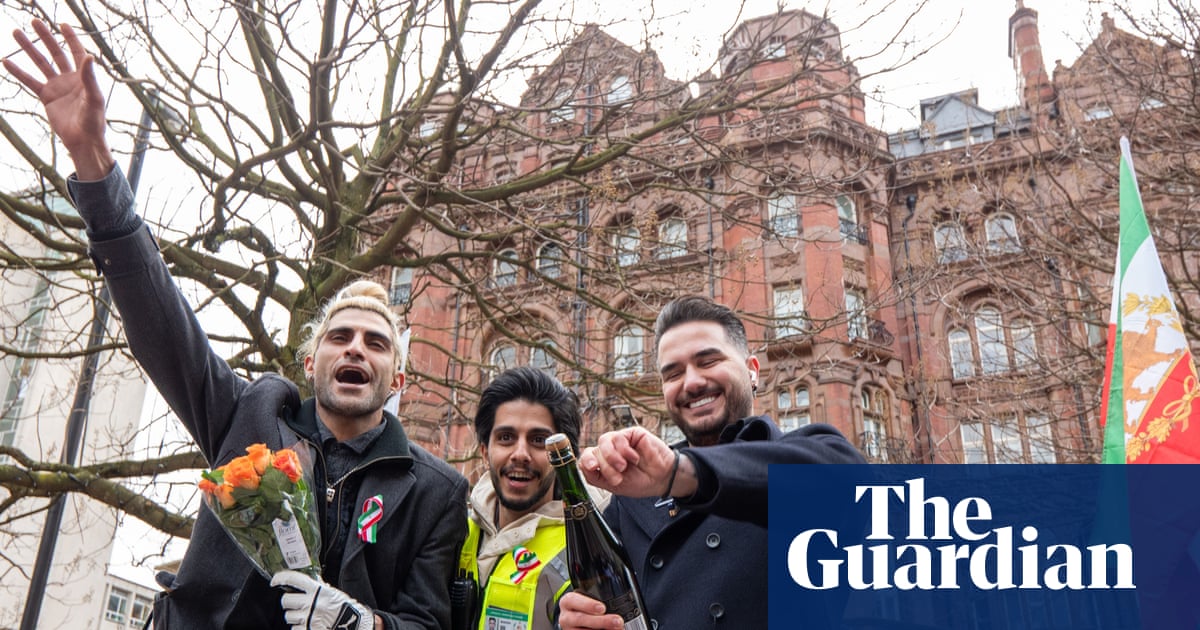Britain rejected atrocity prevention plans for Sudan despite intelligence warnings that the city of El Fasher would fall amid a wave of ethnic cleansing and possible genocide, according to a report seen by the Guardian.
Government officials turned down the plans six months into the 18-month siege of El Fasher in favour of the “least ambitious” option of four presented.
The city was captured last month by the paramilitary Rapid Support Forces (RSF), which immediately embarked on ethnically motivated mass killings and rapes. Thousands of the city’s residents are missing.
An internal British government paper, prepared last year, detailed four options for increasing “the protection of civilians, including atrocity prevention” in Sudan.
The options, evaluated by officials from the Foreign, Commonwealth and Development Office (FCDO) in autumn last year, included the introduction of an “international protection mechanism” to safeguard civilians from crimes against humanity and sexual violence.
However, because of aid cuts, FCDO officials chose the “least ambitious” plan to protect Sudanese civilians.
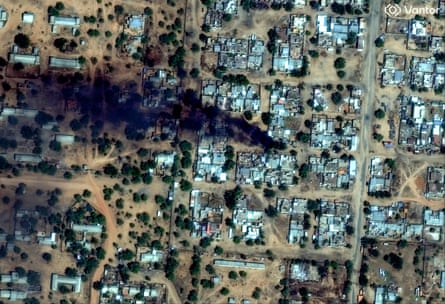
A report dated October 2025, documenting the decision, said: “Given resource constraints, [the UK] has opted to take the least ambitious approach to the prevention of atrocities, including CRSV [conflicted-related sexual violence].”
Shayna Lewis, a Sudan specialist with the US-based human rights organisation Paema (Preventing and Ending Mass Atrocities), said: “Atrocities are not natural disasters – they are a political choice that are preventable if there is political will.
“The FCDO’s decision [to pursue the least ambitious option for atrocity prevention] clearly shows the lack of priority this government places on atrocity prevention globally, but this has real-life consequences.
“Now the UK government is complicit in the ongoing genocide of the people of Darfur,” she said.
The British government’s approach to Sudan is considered important for many reasons, including its role as “penholder” for the country at the UN security council – meaning it leads the council’s activities on the conflict that has created the world’s largest humanitarian crisis.
Details of the options paper were cited in a review of British assistance to Sudan between 2019 and mid-2025 by Liz Ditchburn, head of the body that scrutinises UK aid spending.
Her report for the Independent Commission for Aid Impact (ICAI) said the most ambitious atrocity-prevention plan for Sudan was not taken up partly because of “constraints in terms of resourcing and staffing”.
It stated that an FCDO “internal options paper” outlined four broad options but concluded that “an already overstretched country team did not have the capacity to take on a complex new programming area”.
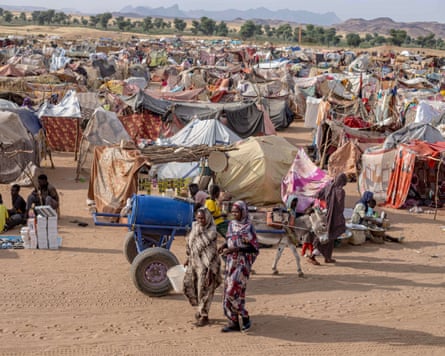
Instead, officials chose “the fourth – and least ambitious – option”, which involved allocating an additional £10m funding to the International Committee of the Red Cross (ICRC) and other organisations “for various activities, including protection”.
The report also found that funding constraints compromised the UK’s ability to offer better protection for women and girls.
Sudan’s conflict has been characterised by widespread sexual violence against women and girls, evidenced by new testimonies from those fleeing El Fasher.
“This [the funding cuts] has constrained the UK’s ability to support stronger protection results within Sudan – including for women and girls,” the report stated.
It added that a proposal to make sexual violence a priority had been hindered by “funding constraints and limited programme management capacity”.
A promised programme for Sudanese women and girls would, it concluded, be ready only “in the medium to long term (from 2026)”.
Sarah Champion, chair of the parliamentary international development select committee, said atrocity prevention should be fundamental to British foreign policy.
“I am deeply concerned that in the rush to save money, some essential services are getting cut,” she said. “Prevention and early intervention should be core to all FCDO work, but sadly they are often seen as a ‘nice to have’.”
The Labour MP added: “In a time of a rapidly reducing aid budgets, this is a dangerously shortsighted approach to take.”
Ditchburn’s appraisal did, however, highlight some positives for the British government. “The UK has shown credible political leadership and strong convening power on Sudan, but its impact has been constrained by inconsistent political attention,” it read.
UK sources say its aid is “making a difference on the ground” with more than £120 million awarded to Sudan and that the UK is working with international partners to achieve peace.
They also referred to a recent UK statement at the UN Security Council which promised that the “world will hold the RSF leadership accountable for the crimes committed by their forces”.
The RSF denies harming civilians.

.png) 3 months ago
80
3 months ago
80

